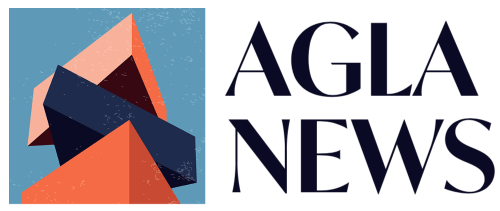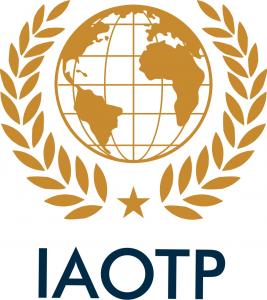Bieryla got the idea for LightSound when she was reviewing student lab accessibility as the manager of Harvard’s Astronomy Lab and Clay Telescope in 2017. She had a discussion with Wanda Díaz-Merced, a blind astronomer who uses sonification to study astronomical data sets.
“We wanted to create something low-cost and easy to make, to give the blind and low-vision community a way to experience the eclipse through sound,” Bieryla said.
Díaz-Merced experienced her first eclipse in the 1990s, when she still had partial vision. As the sky began to darken, she remembers noticing what was happening through senses other than sight.
“I felt it on my skin, I felt it through my ears, I felt it through all the senses I had available, because life gave me the opportunity to pay attention in a different way,” she said.
Bieryla’s team developed a LightSound prototype for the 2017 total solar eclipse and has been refining it ever since. The design is open source, and the team shipped out free units that they built themselves or produced through workshops where participants learn how to solder electronic components. They produced around 900 devices for the 2024 total solar eclipse.
“We’ve been humbled by how many requests we have gotten for these devices, and the enormous amount of thanks from people and organizers for creating this tool,” Bieryla said. “I hope this project impacts people in a positive way and inspires a few new budding astronomers.”
For the past two decades, NASA has been producing and distributing braille books to schools and institutions that support people who are blind or have low vision. These limited edition, handmade books allow people to use touch to discover everything from lunar craters to solar eclipses.
The agency’s “Getting a Feel for Eclipses” book explains how eclipses work and uses tactile graphics to show the alignment of the Sun, Moon, and Earth. Readers can also trace the path of totality as it crosses the United States.
Originally published at https://www.einpresswire.com/article/700877097/experiencing-the-total-solar-eclipse-without-sight



